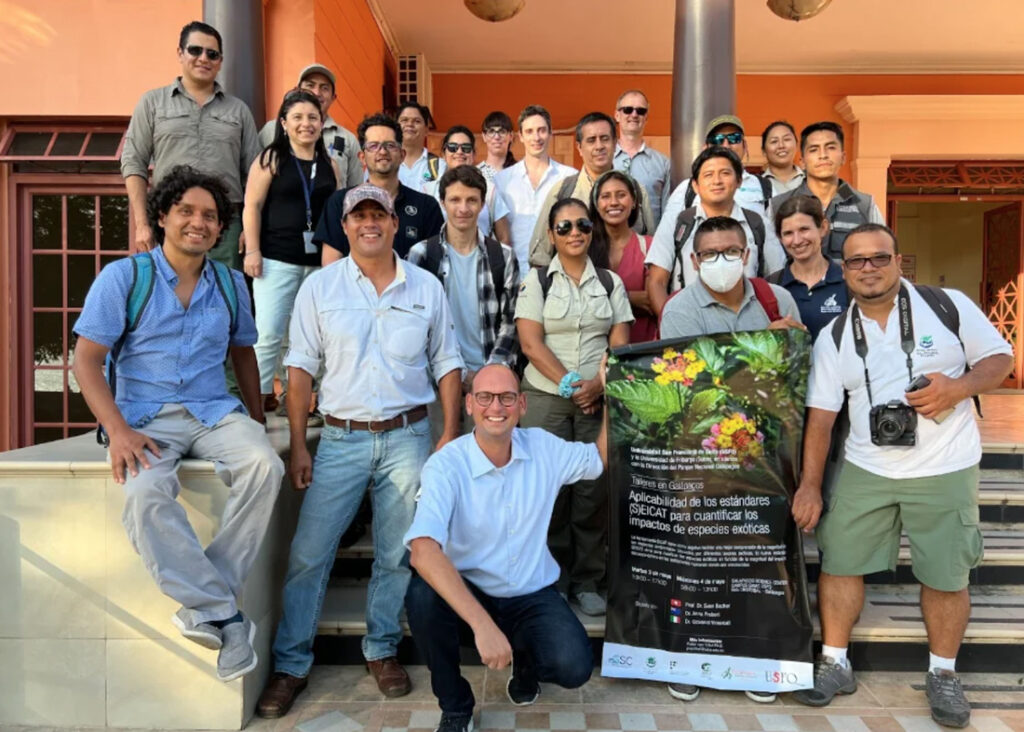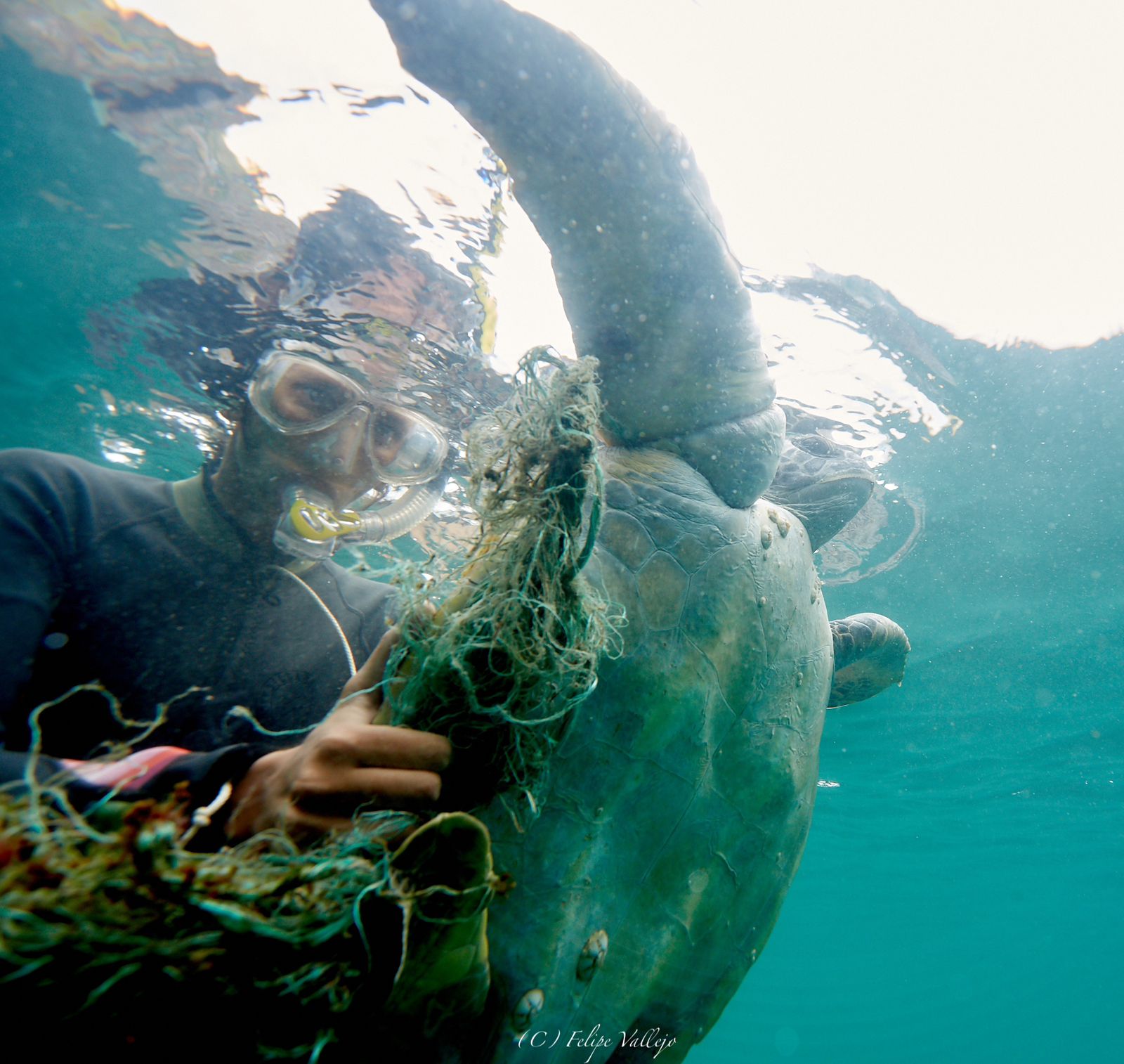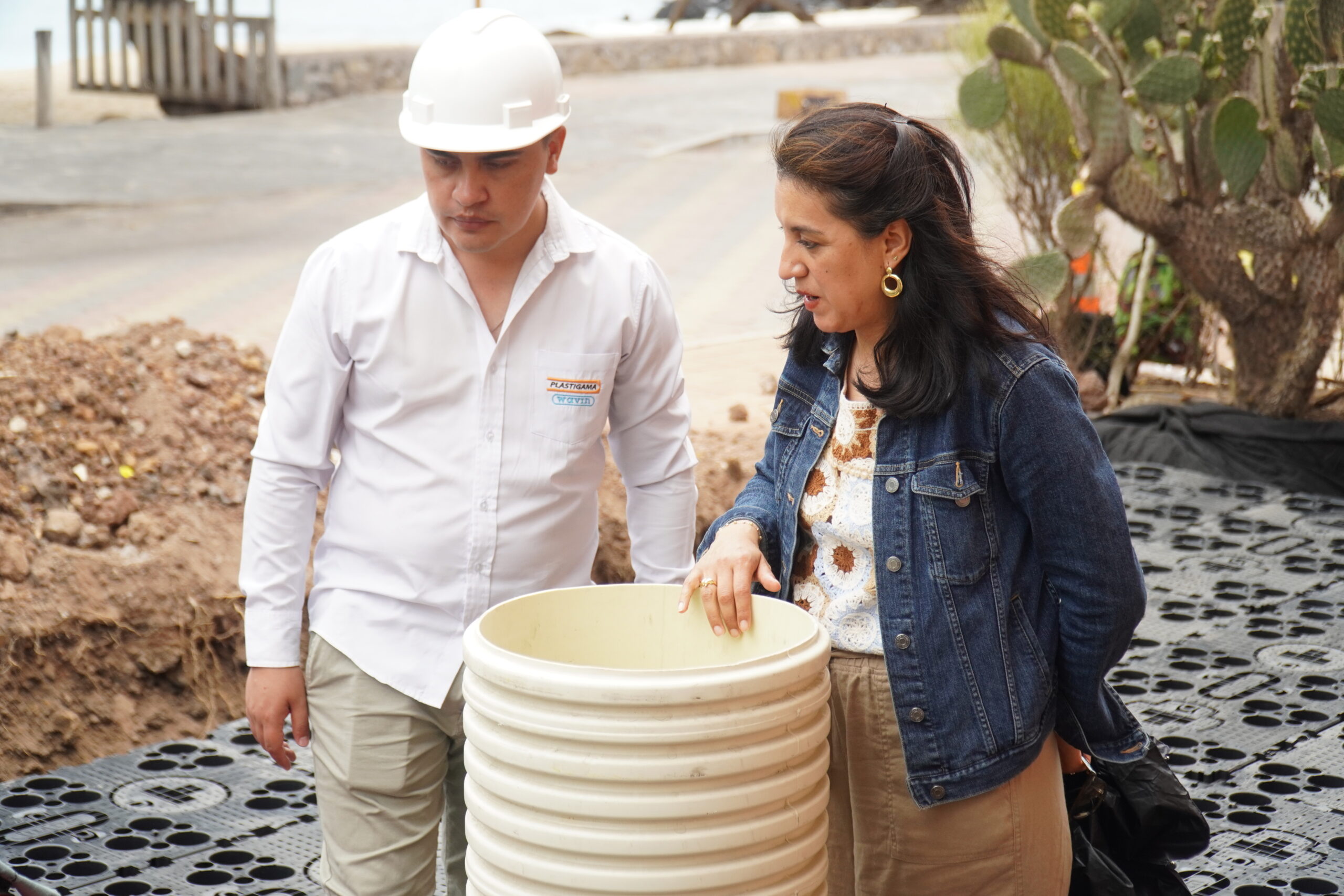The workshop for the application of the (S)EICAT (Environmental Impact Classification for Alien Taxa / Socio-economic Impact Classification for Alien Taxa) standards was held to quantify the impacts of exotic species at USFQ Galapagos. The new EICAT standard has been developed to provide a standardized methodology for measuring and comparing the environmental impacts of alien species.
The workshop was organized by the Galapagos Science Center (GSC), the University of San Francisco Quito (USFQ), and the University of Friborg (Switzerland), in partnership with the Galapagos National Park (GNP), and with the support of the Galapagos Conservancy and the Leading House for the Latin American Region, to discuss the applicability of the EICAT standards (Environmental Impact Classification for Alien Taxa) and SEICAT (Socio-economic Impact Classification for Alien Taxa).
Pieter van ‘t Hof, professor and researcher at USFQ and the GSC added, “The methodology EICAT and SEICAT are so universal that they can be applied to terrestrial or marine species. But to find the efficiency of the workshop, examine ourselves in three different groups of the terrestrial part: vertebrates, invertebrates, mainly insects, and plants.”
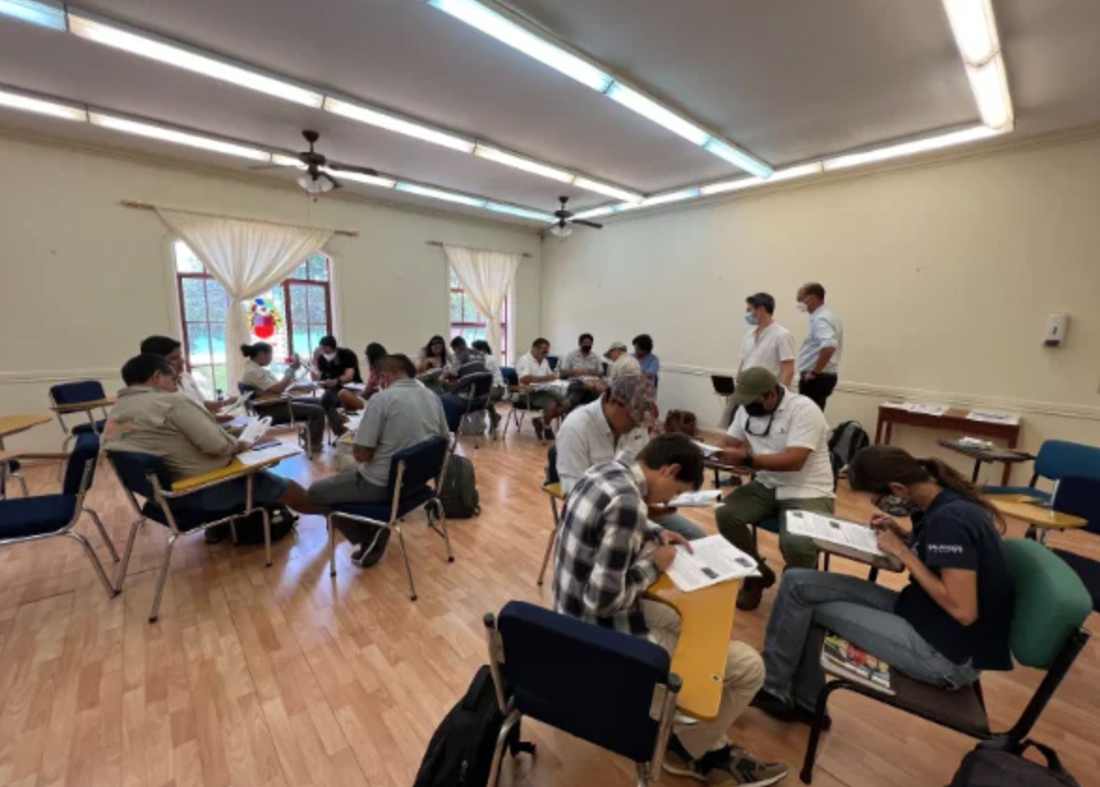
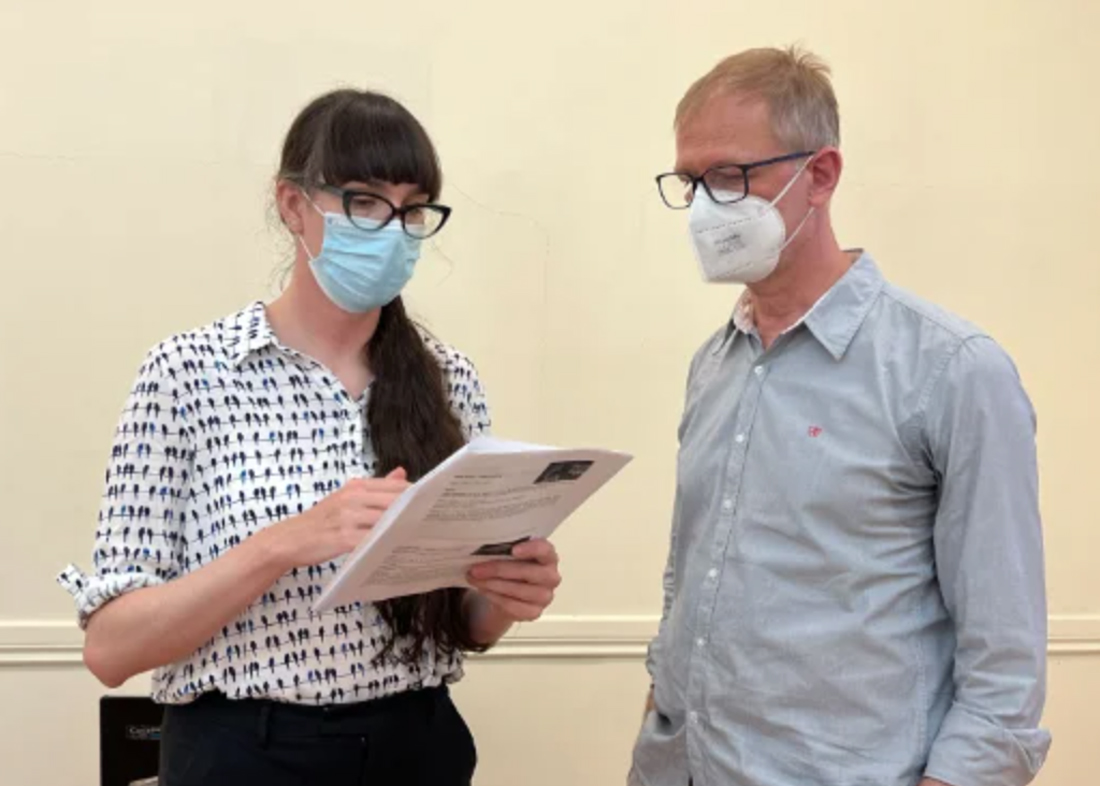
The new EICAT standard has been developed to provide a standardized methodology for measuring and comparing the environmental impacts of alien species in terms of their magnitude.
On the other hand, the SEICAT standard, currently under development, serves to classify exotic species based on the magnitude of the socio-economic impact that they can cause in different parts of the human populations where they are extracted.
EICAT provides simple, objective, and transparent approaches to classify alien species’ impacts across taxa and invasion scenarios. EICAT has recently been adopted by the International Union for Conservation of Nature (IUCN) as a global standard.
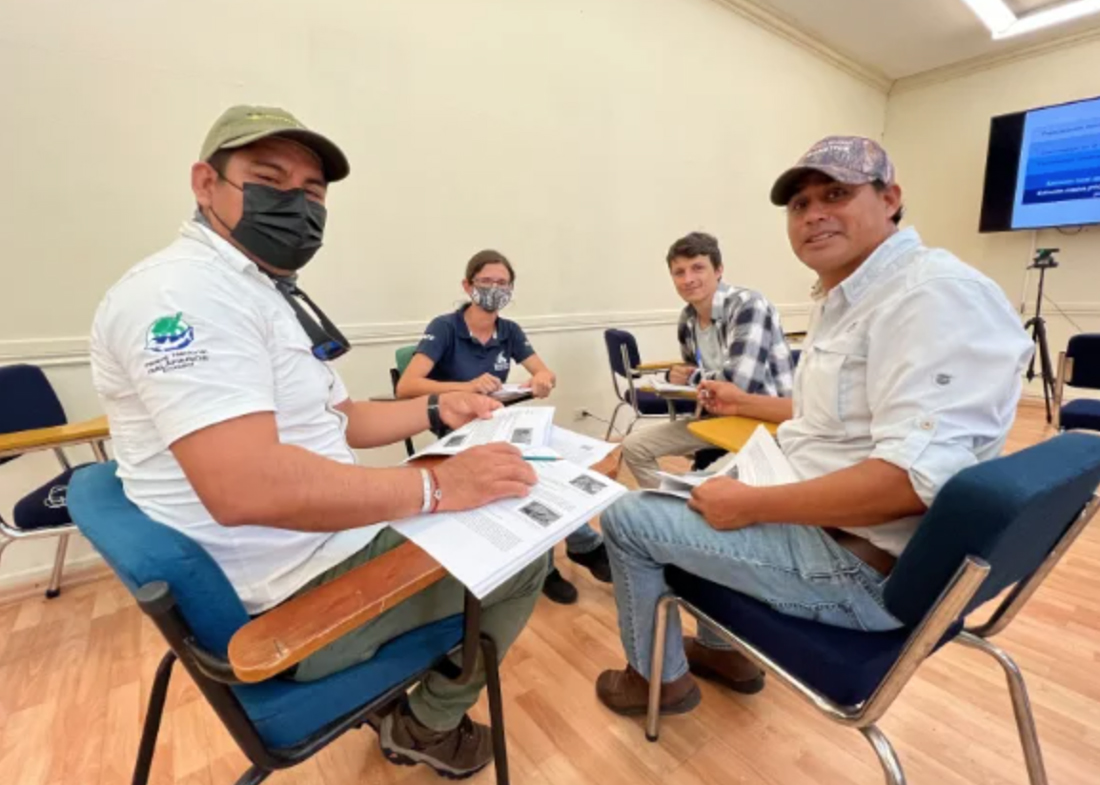
Pieter commented, “Most people know that there are a lot of initiatives going on here, and we would just like to share another tool that bolsters your investigations and might be useful as an internationally adopted tool. We came up with the idea of training the trainer. We believe that it would be good to have another tool in the toolbox to see if it works locally for the research carried out here in the Galapagos.”
The objective of the workshop was to introduce these tools and offer training on how to apply them properly so that the participants can develop their own activities to assess the impacts of invasive species in the Galapagos Islands.
As a result, new and imperative opportunities for collaboration and exchange of knowledge and experiences were fostered among the 23 participants. This was made possible thanks to the alliance between the Galapagos National Park and Ecolap, and the support of the Galapagos Conservancy, House Leader for the Latin American Region, Belmont Forum, Biodiversa, and InvasiBES.
Pieter added, “Actually, many of today’s participants have heard of EICAT or SEICAT, and we are very interested in hearing about their experience with the tool. It mainly serves to compare impacts of perhaps similar species in Japan or New Zealand or here in Galapagos in a structured and similar way. We are here really to try to start working with it and see that all the institutions can make their own decision on whether this tool is something that they could use here.”

